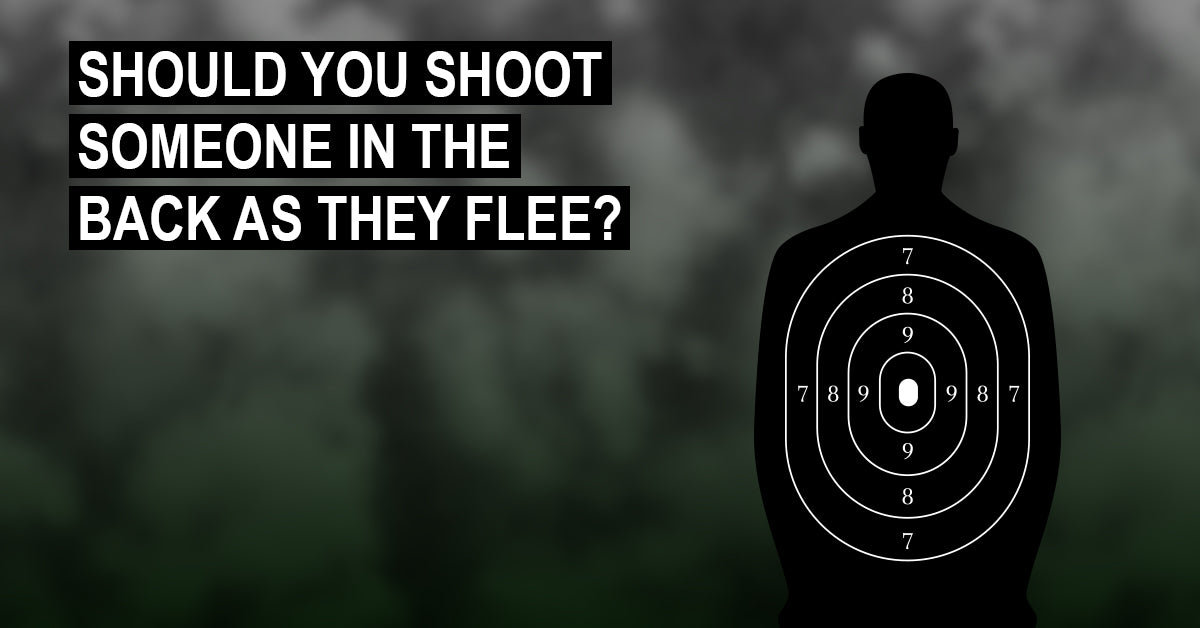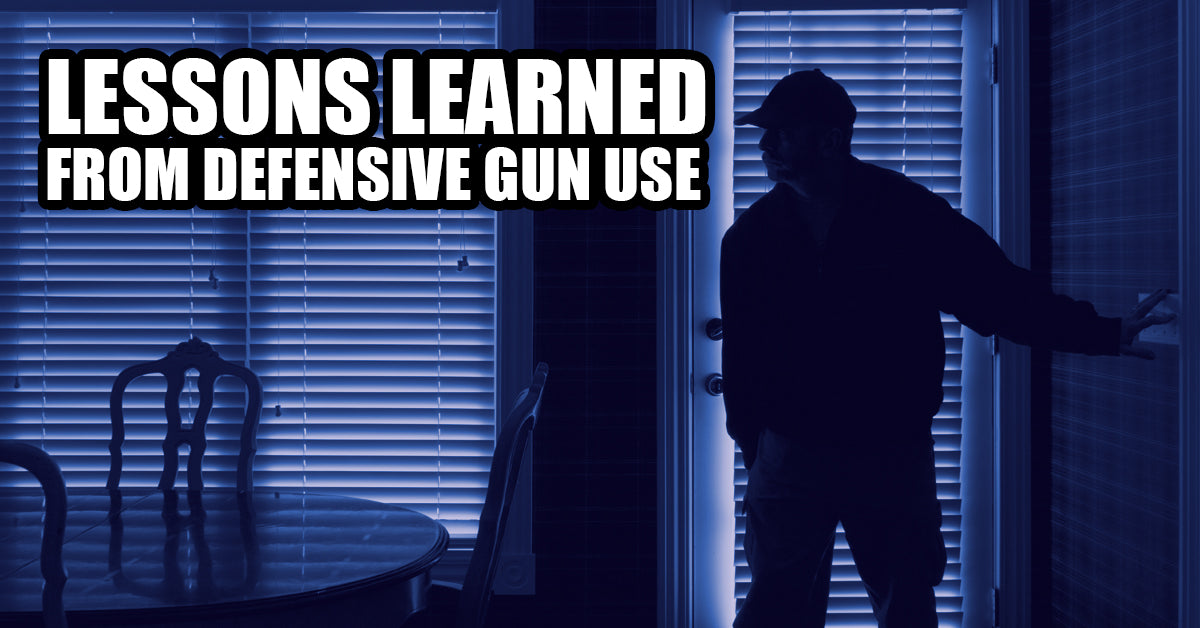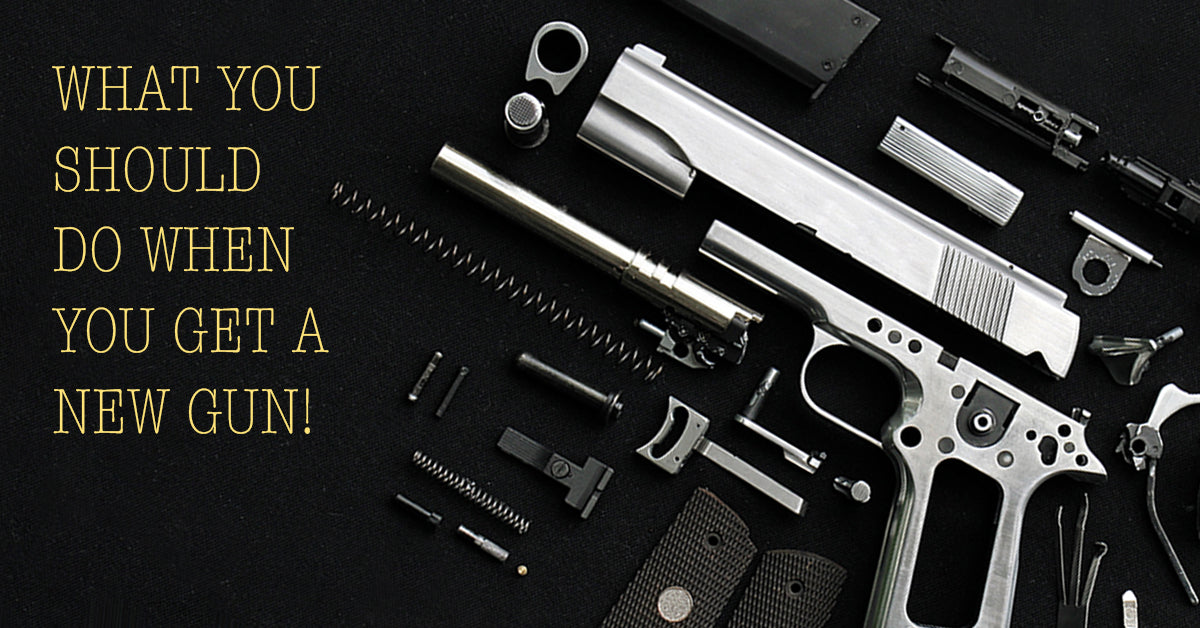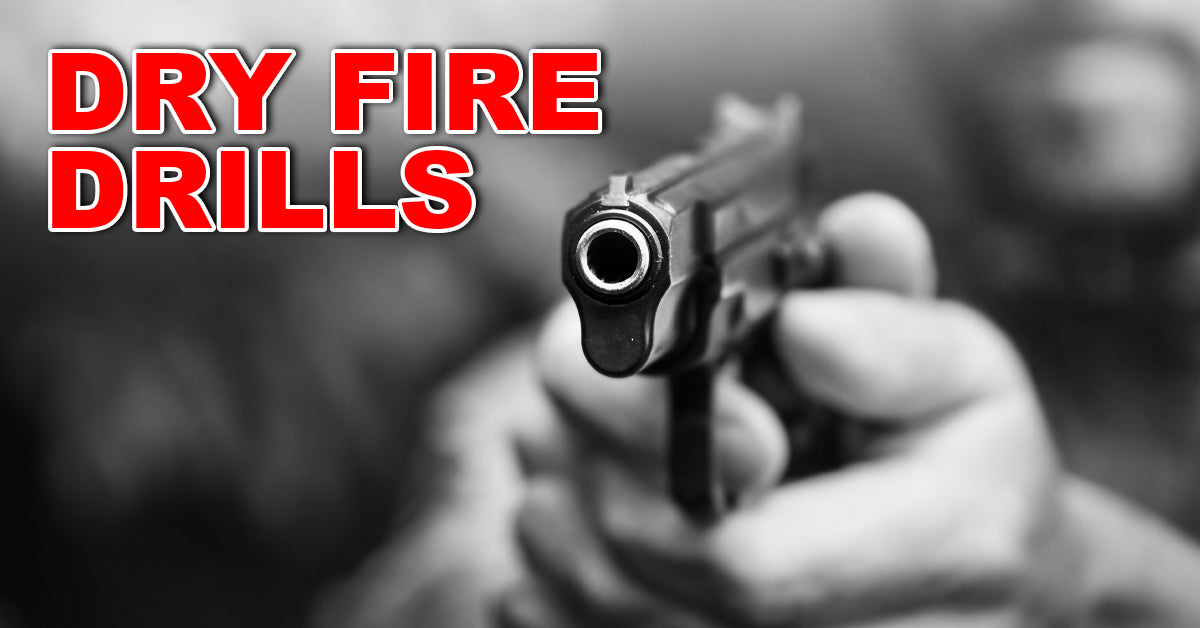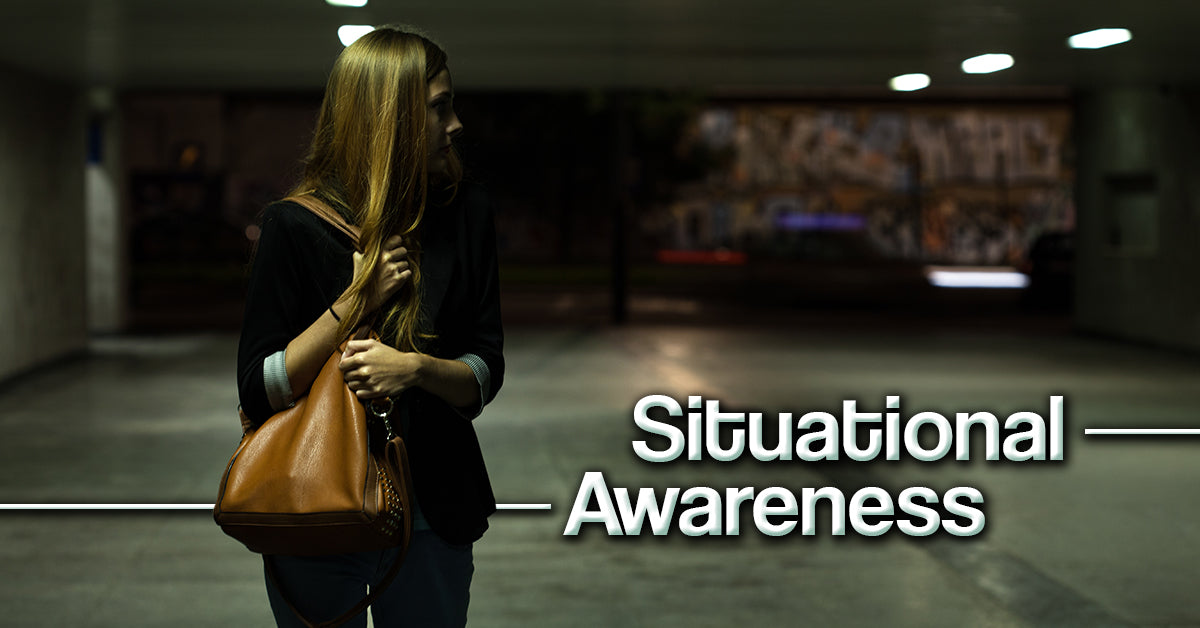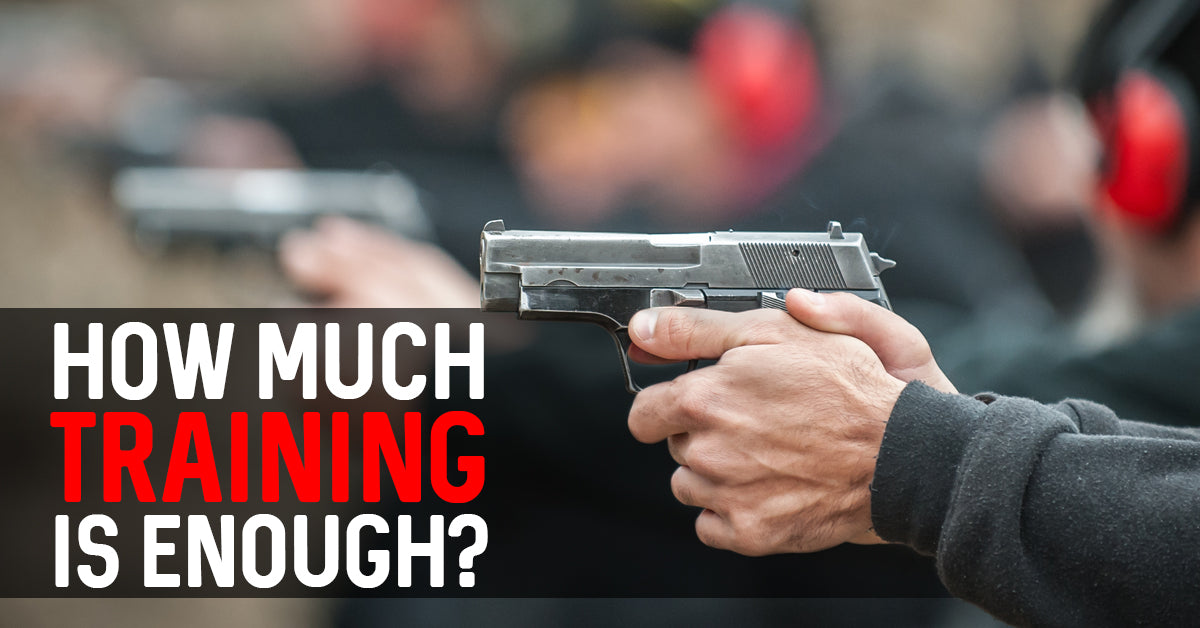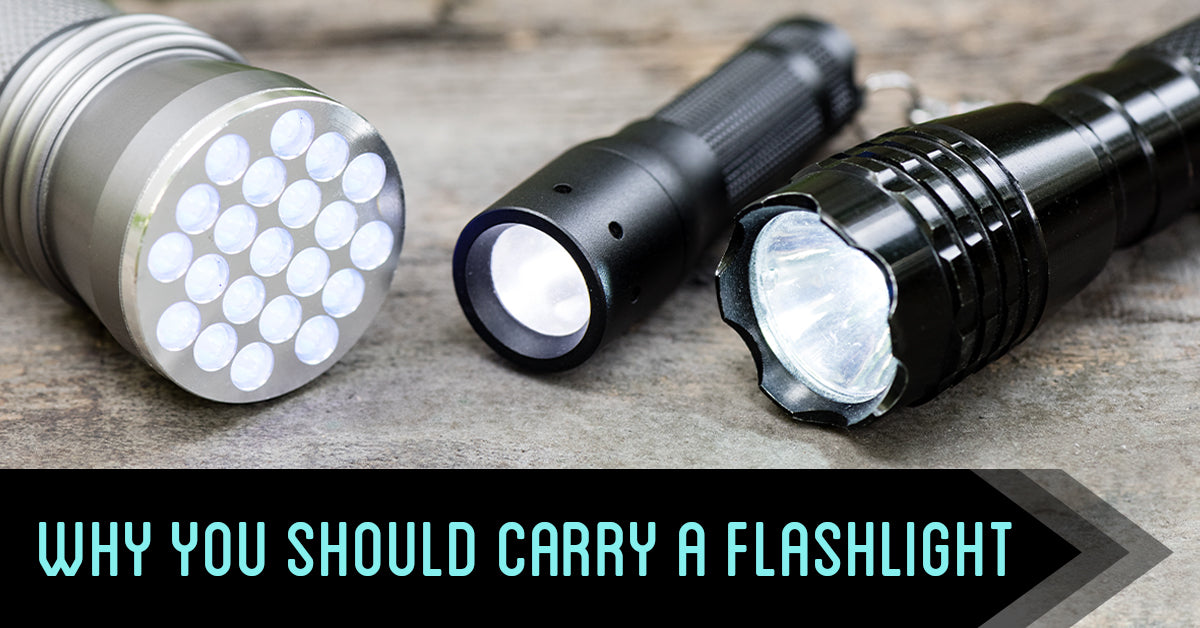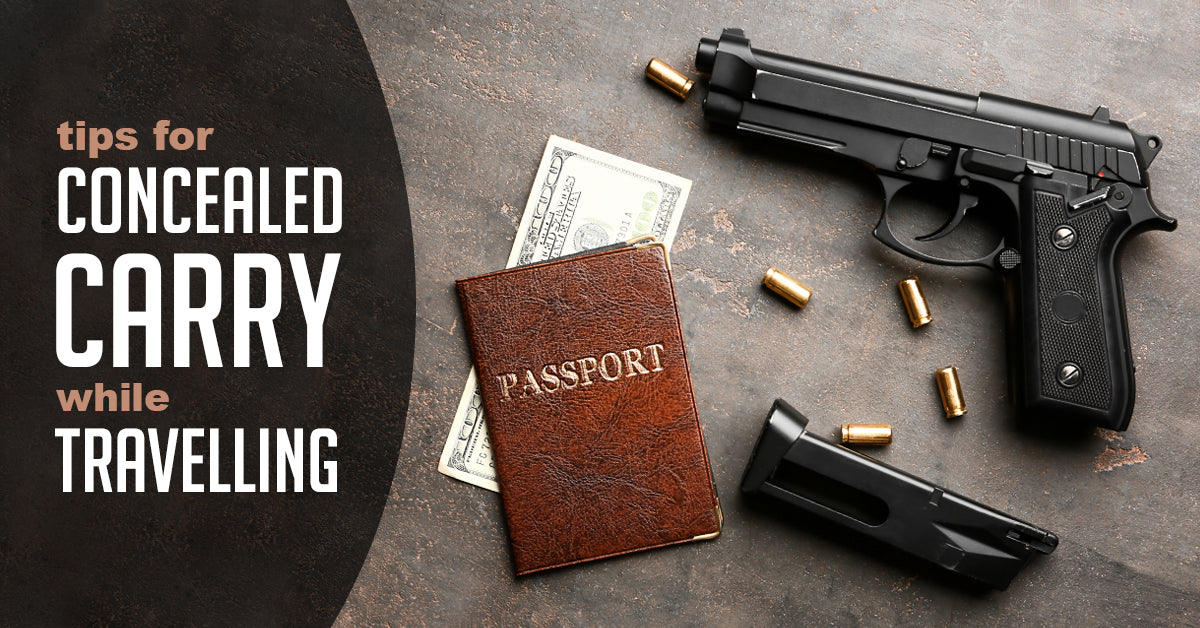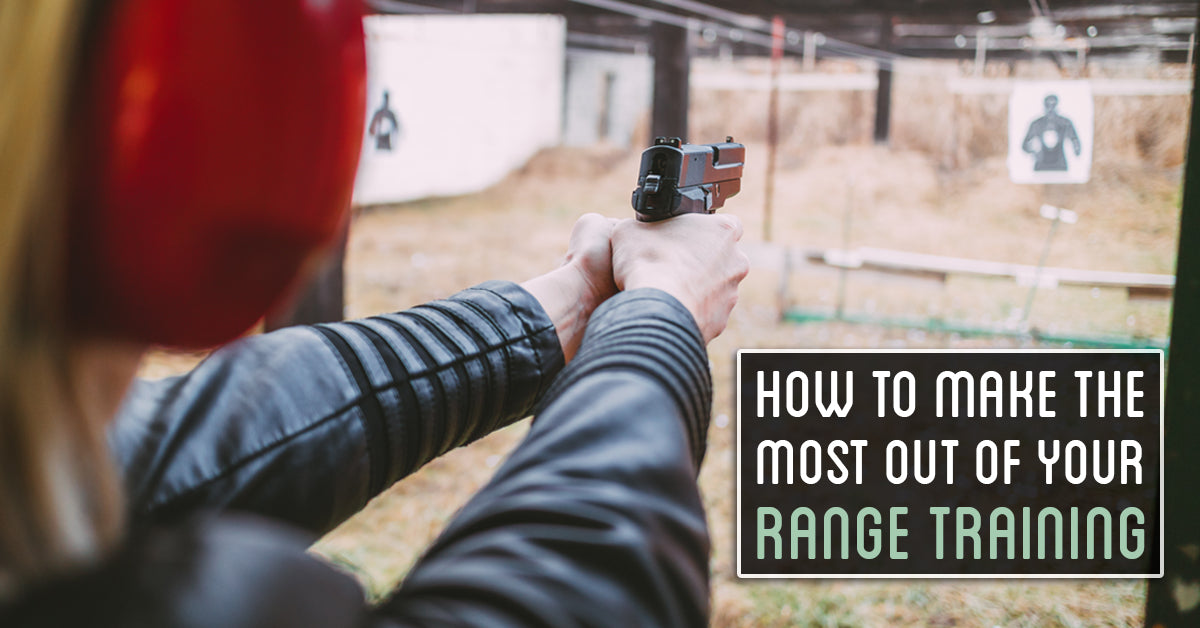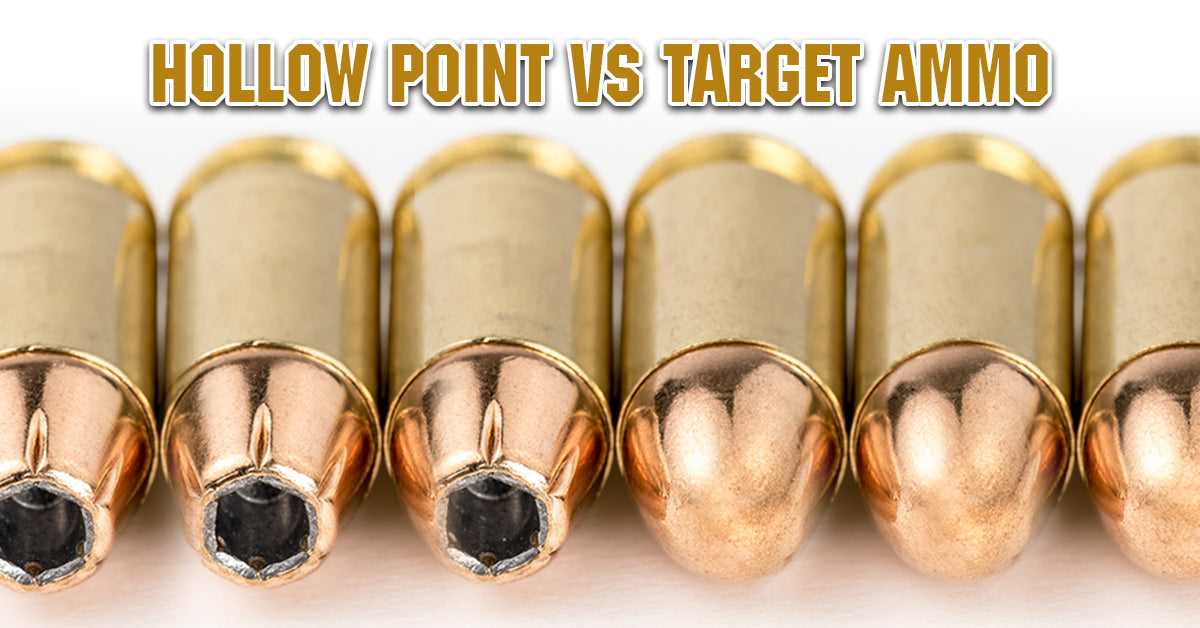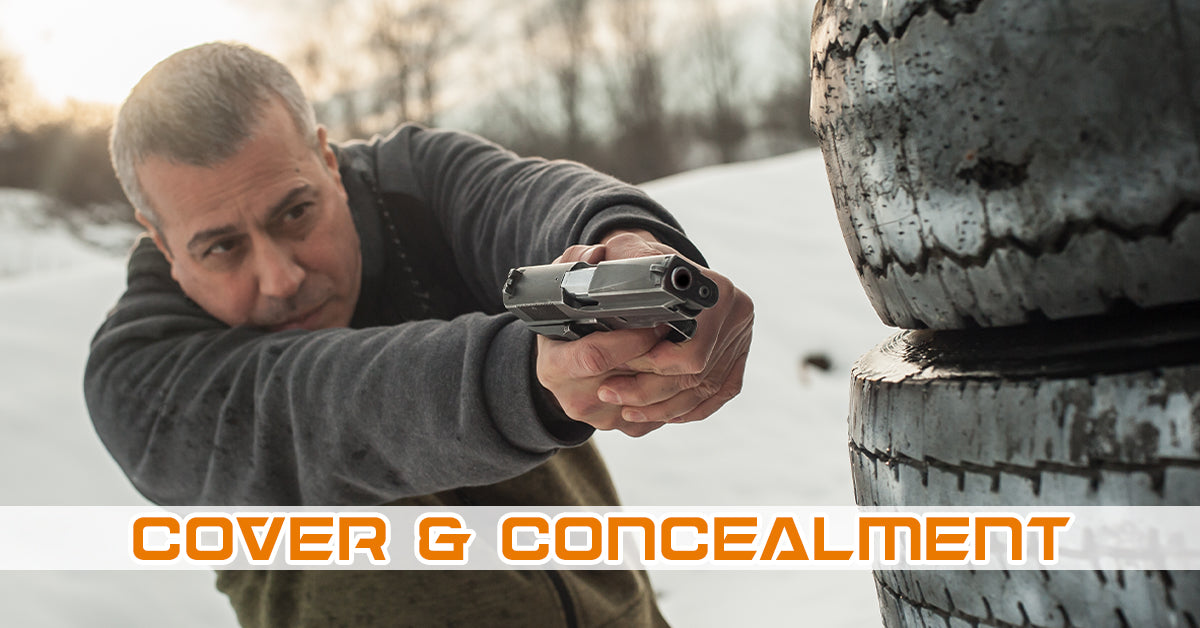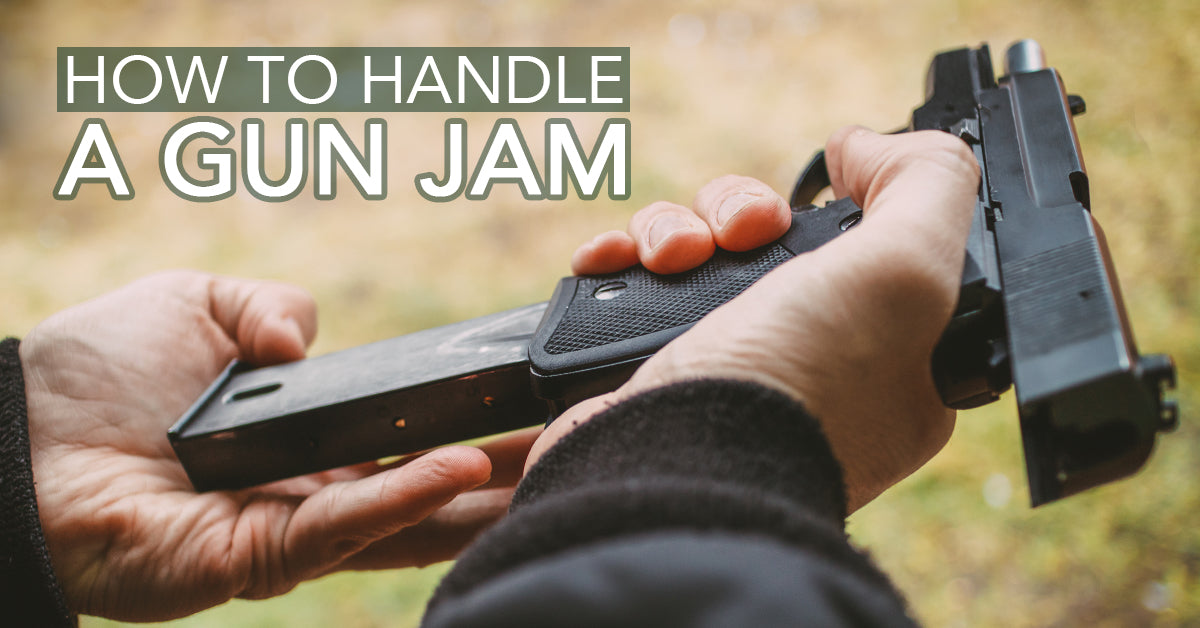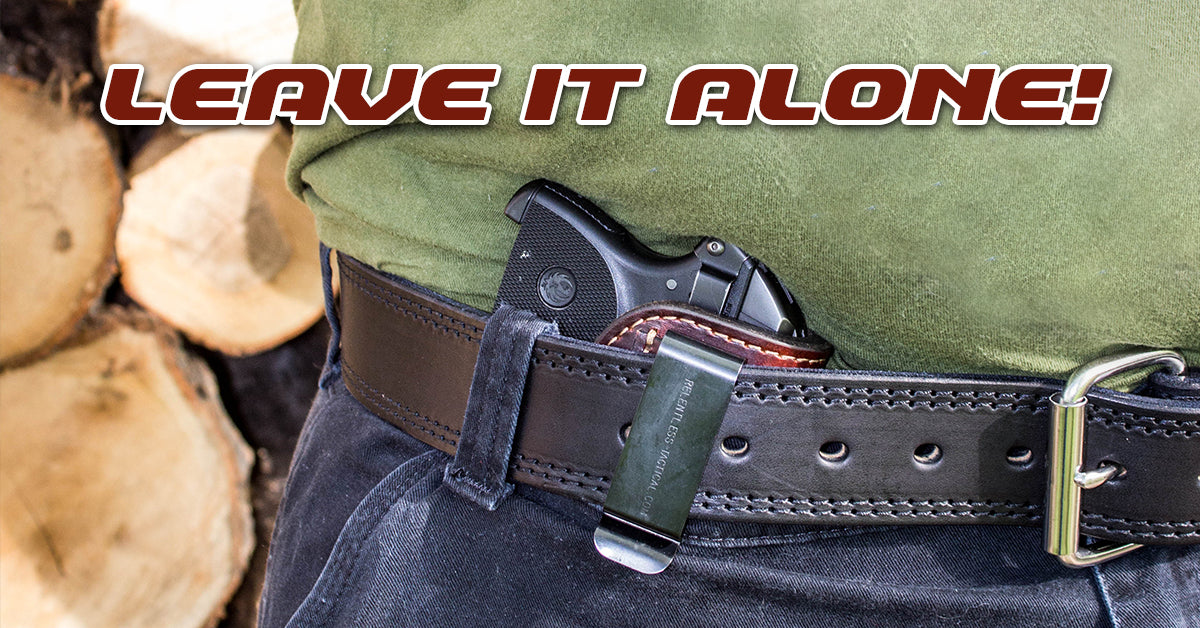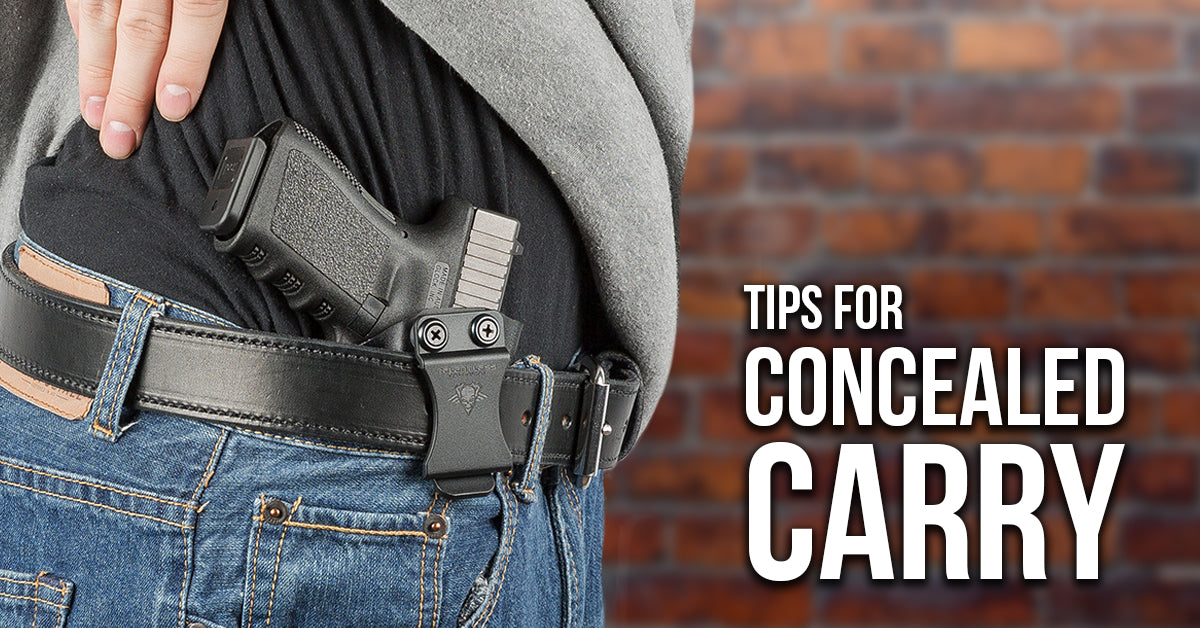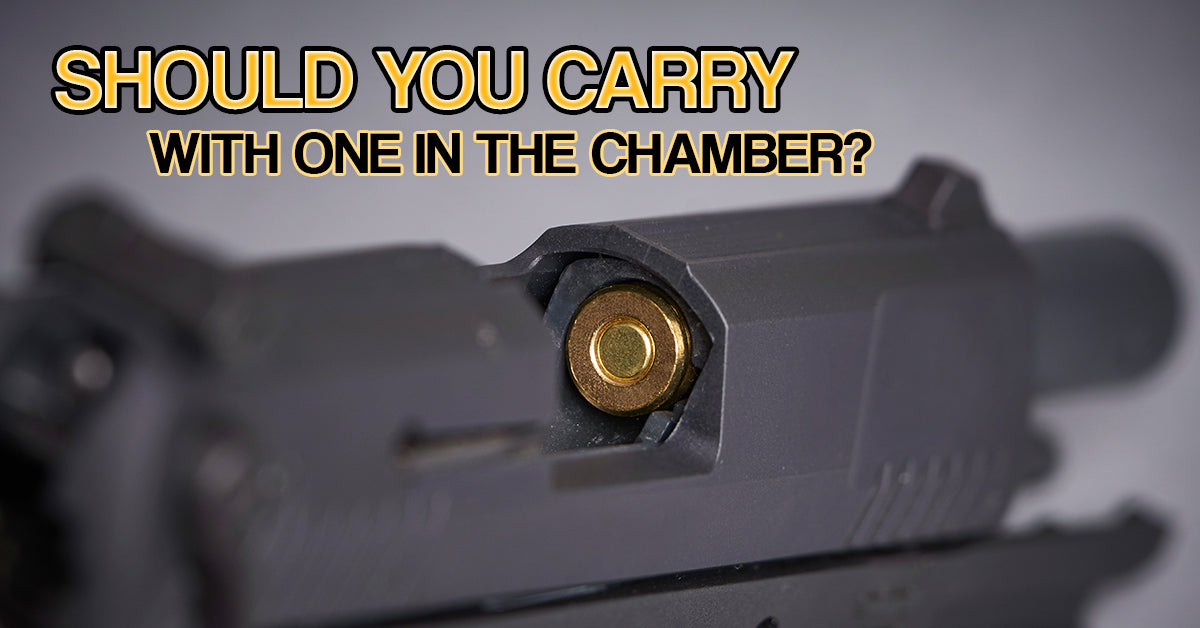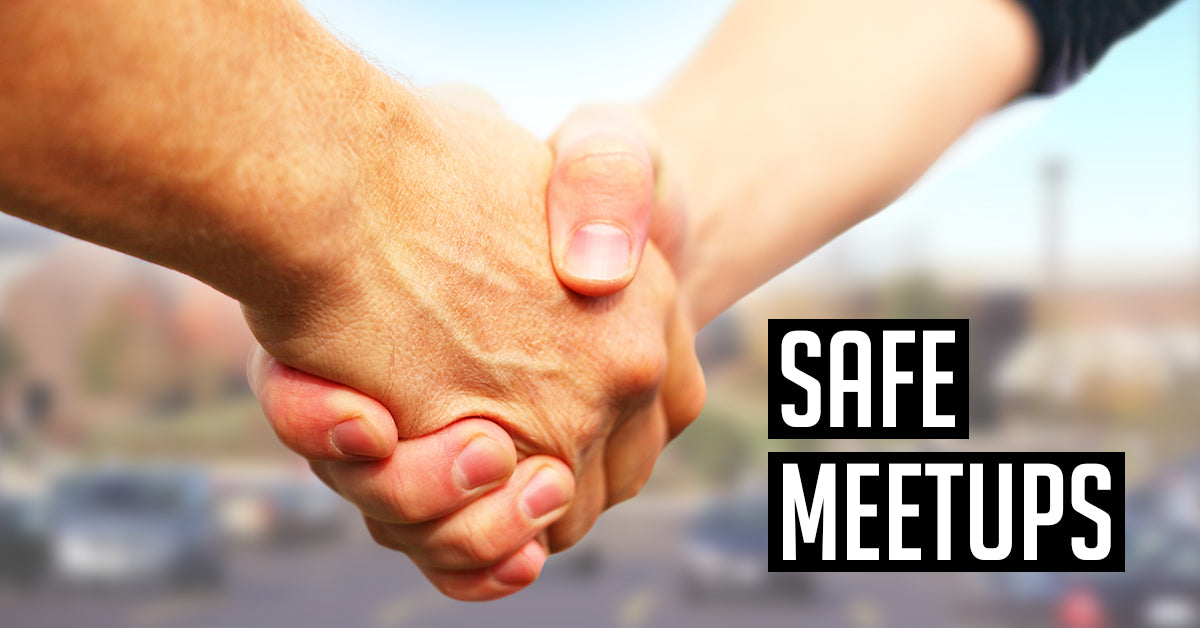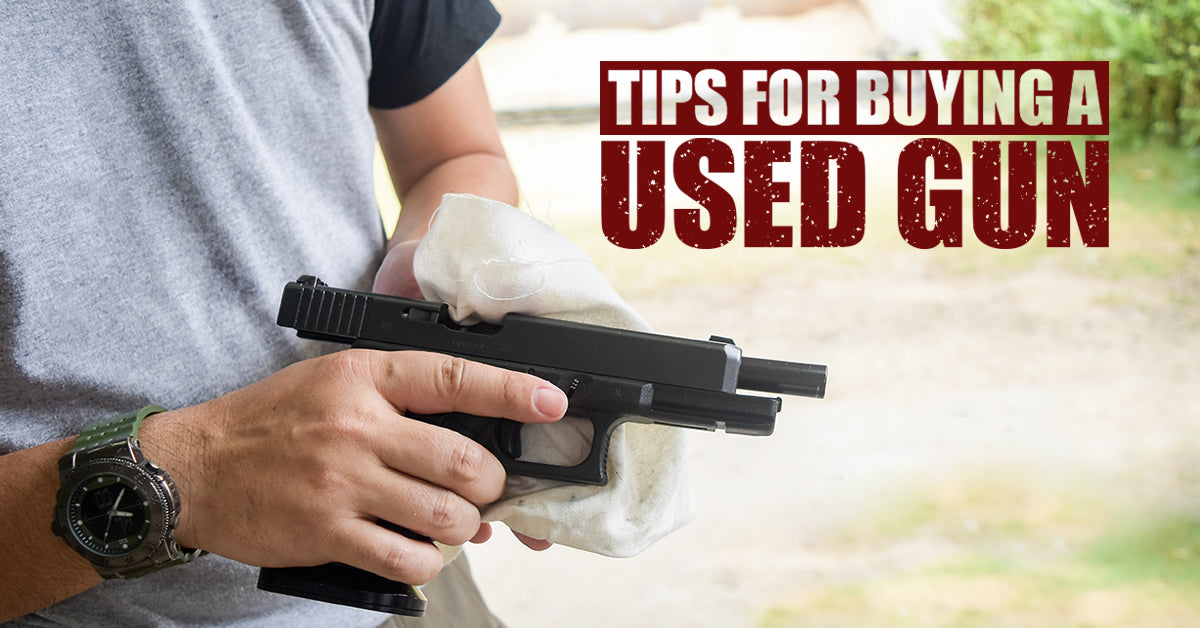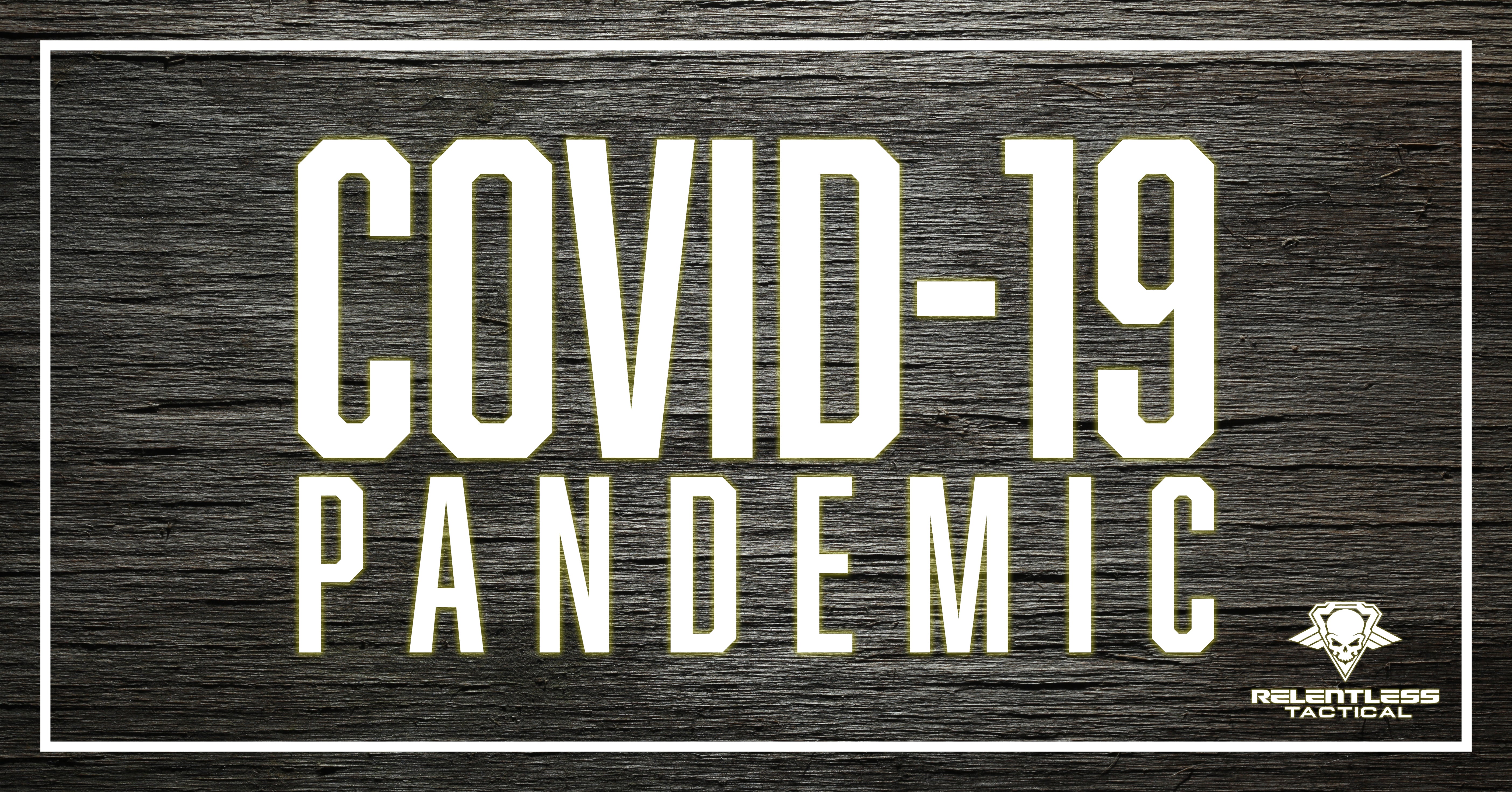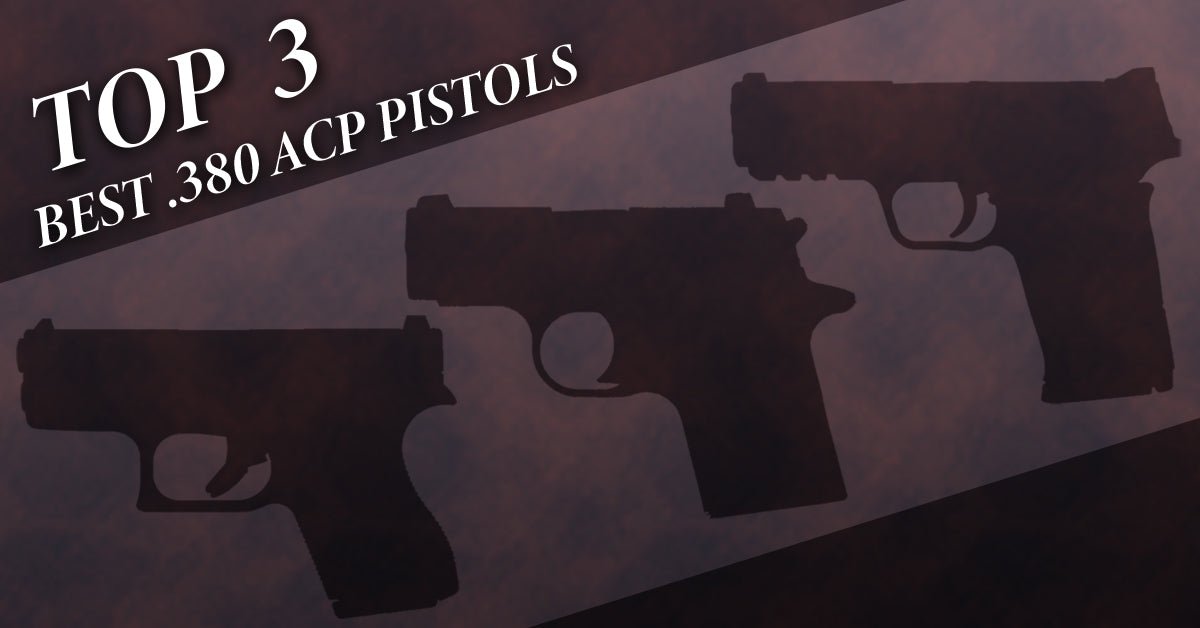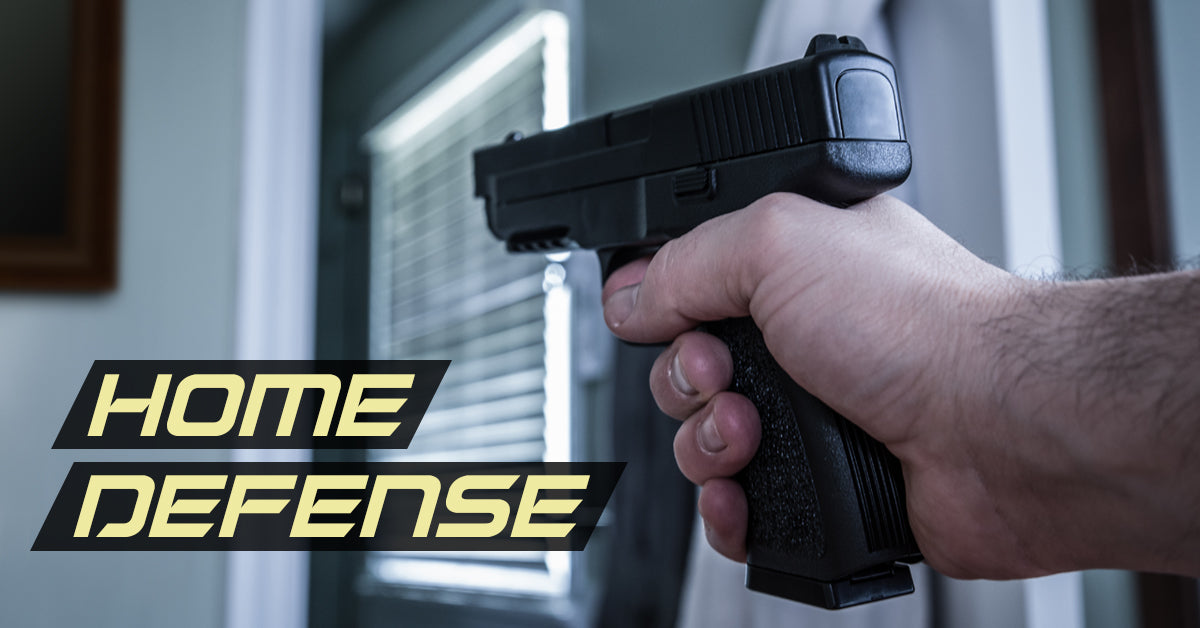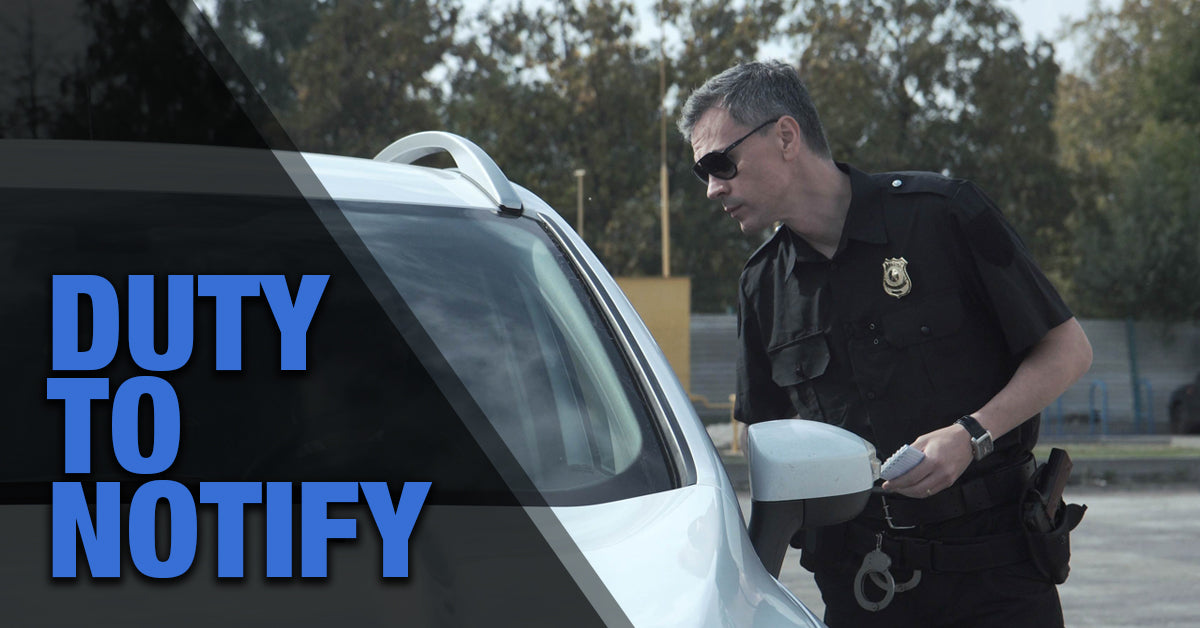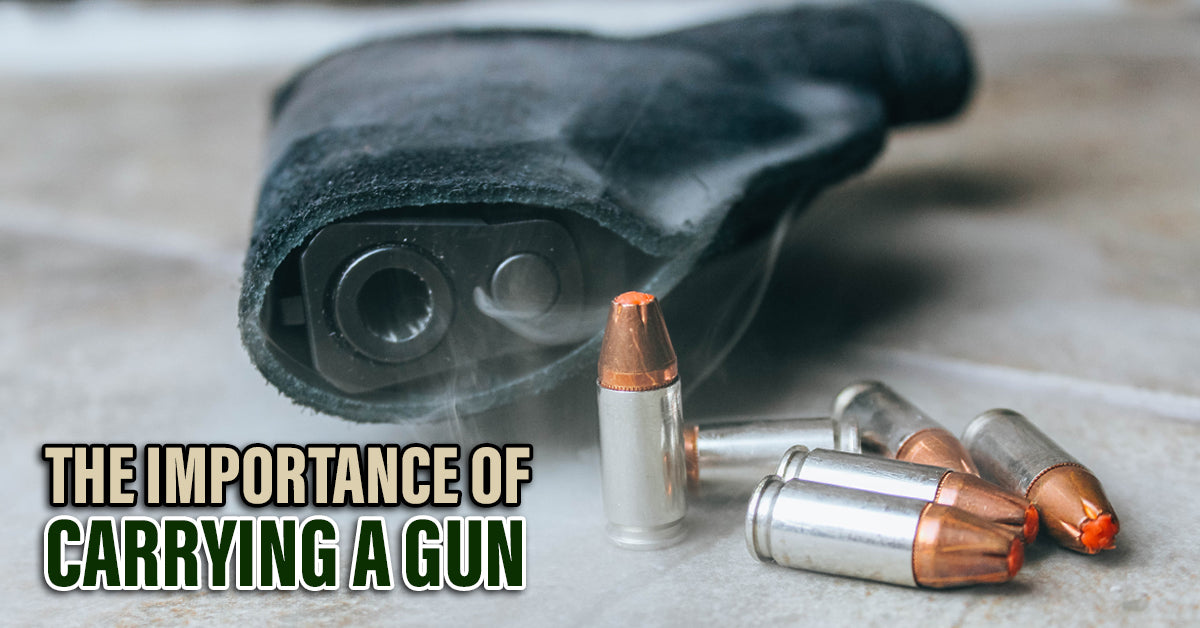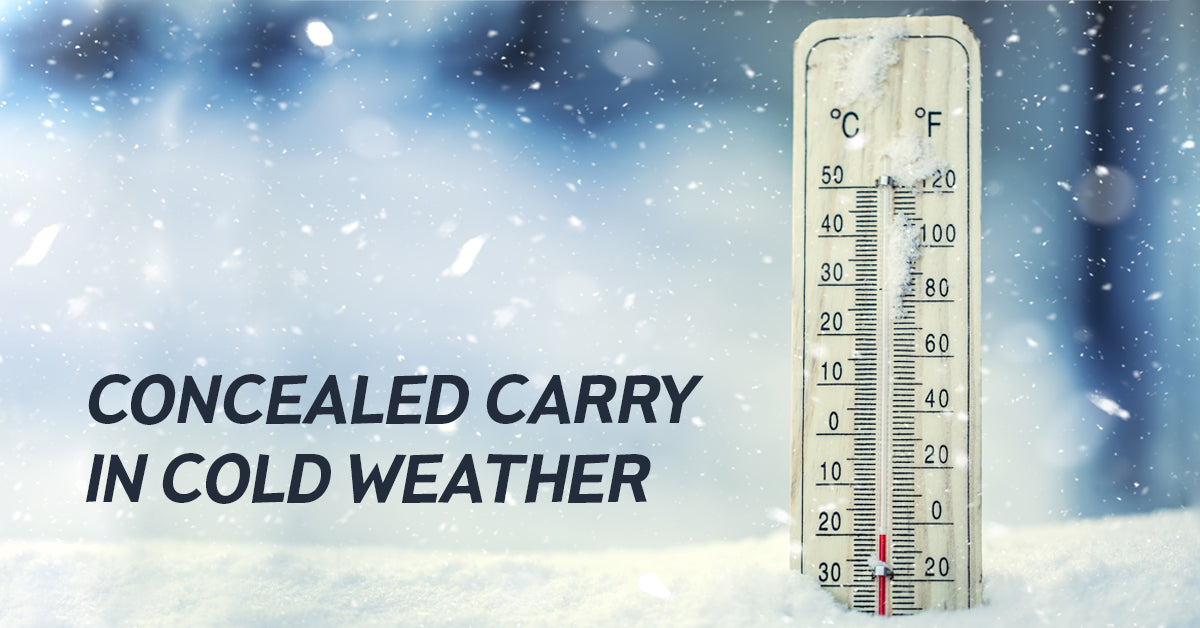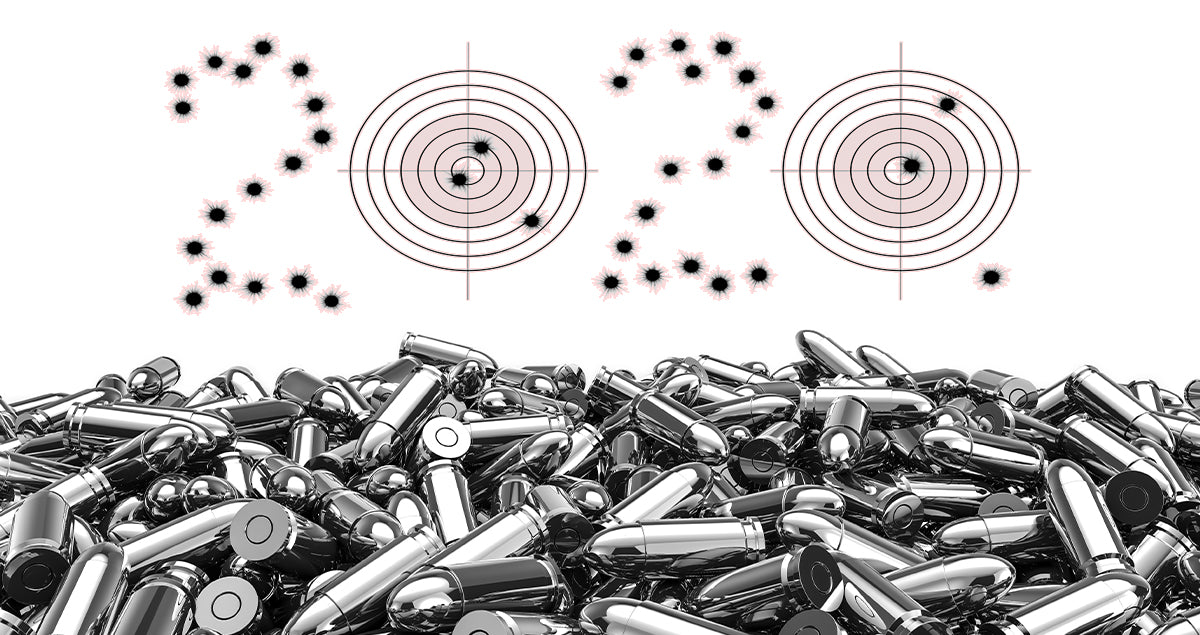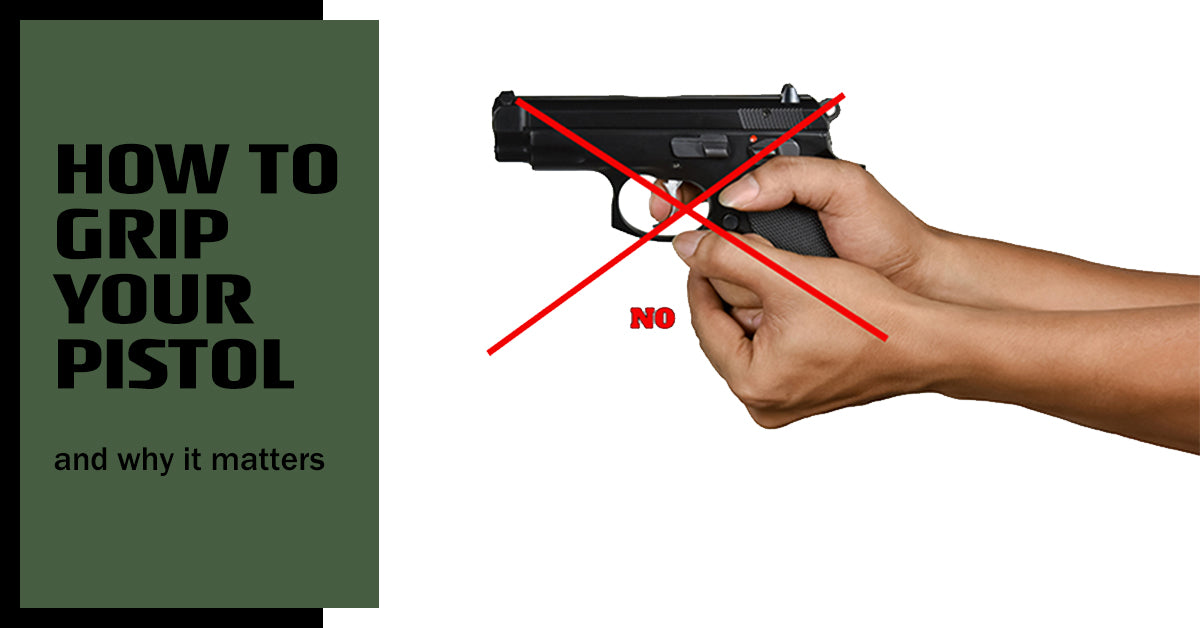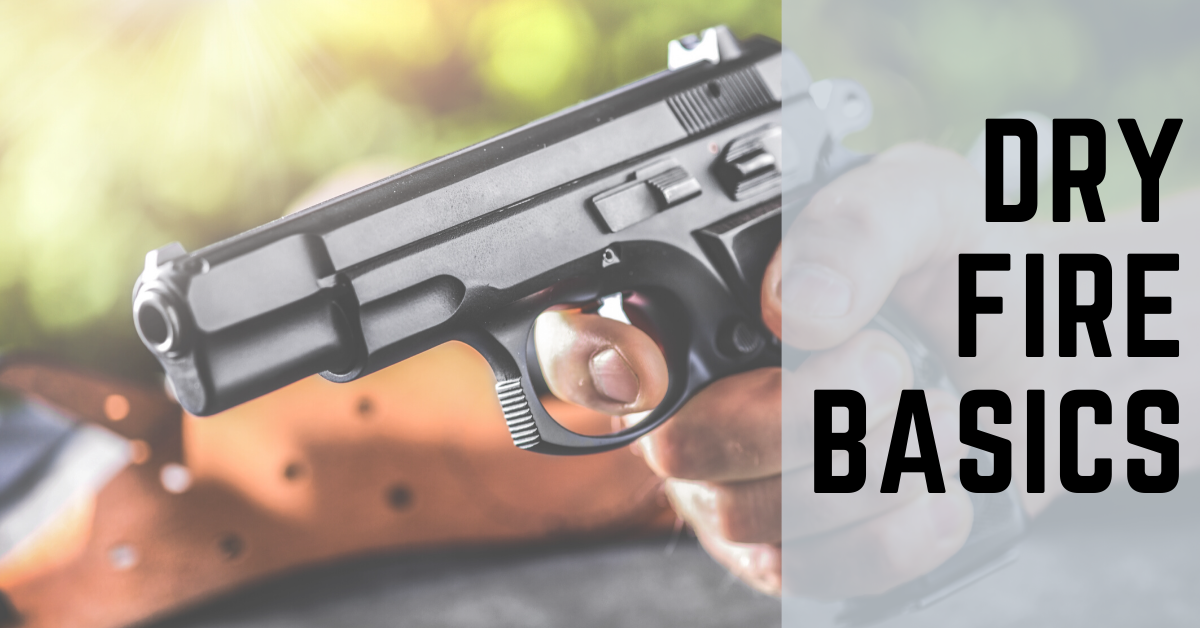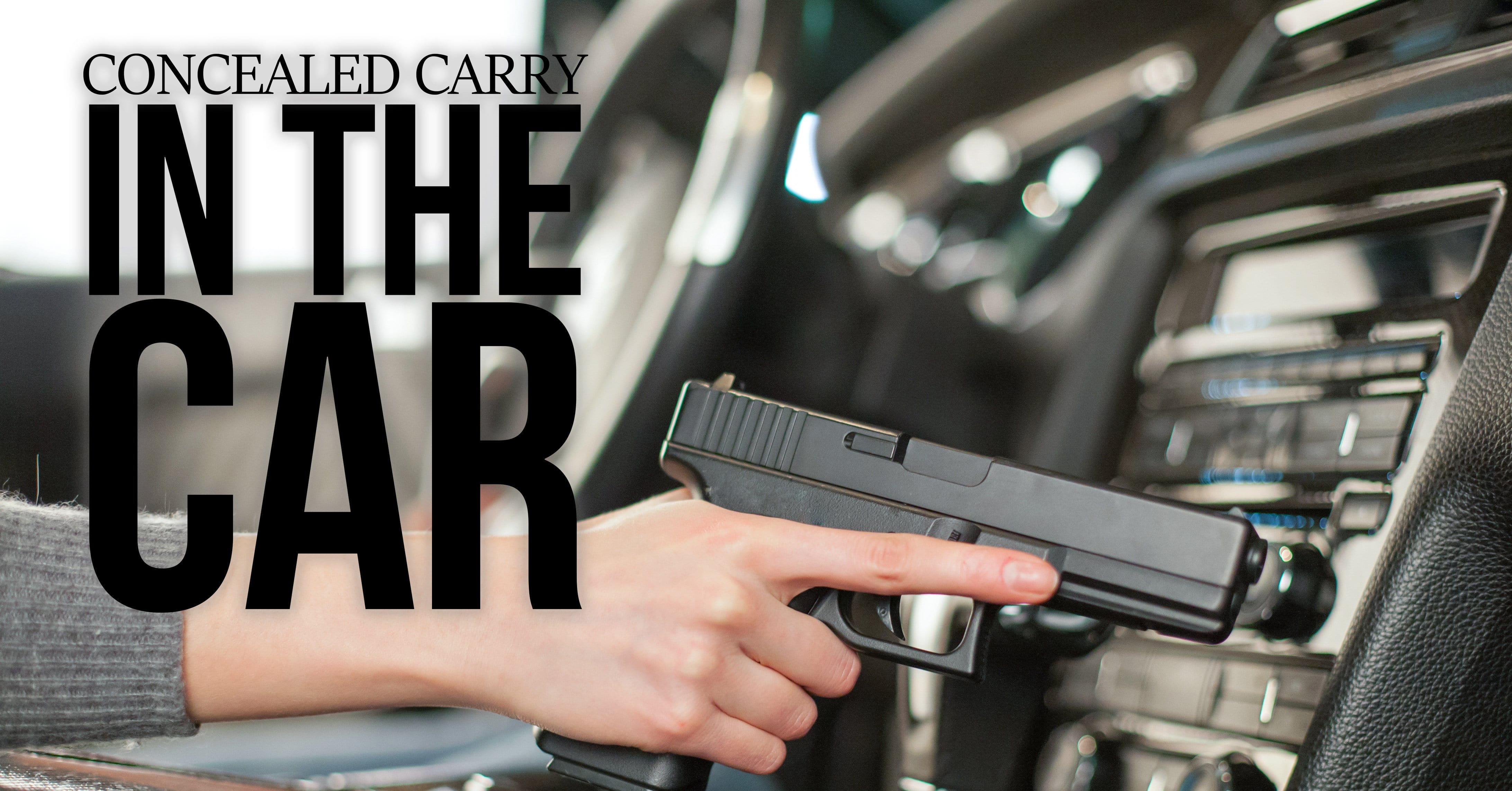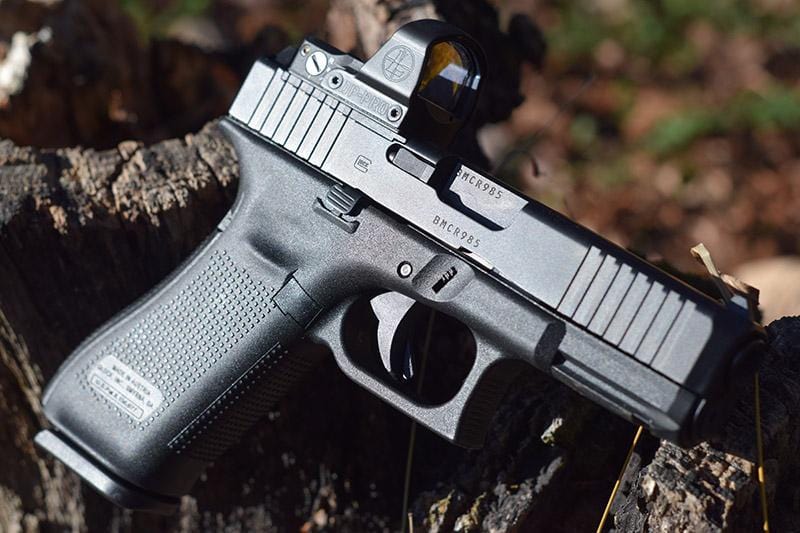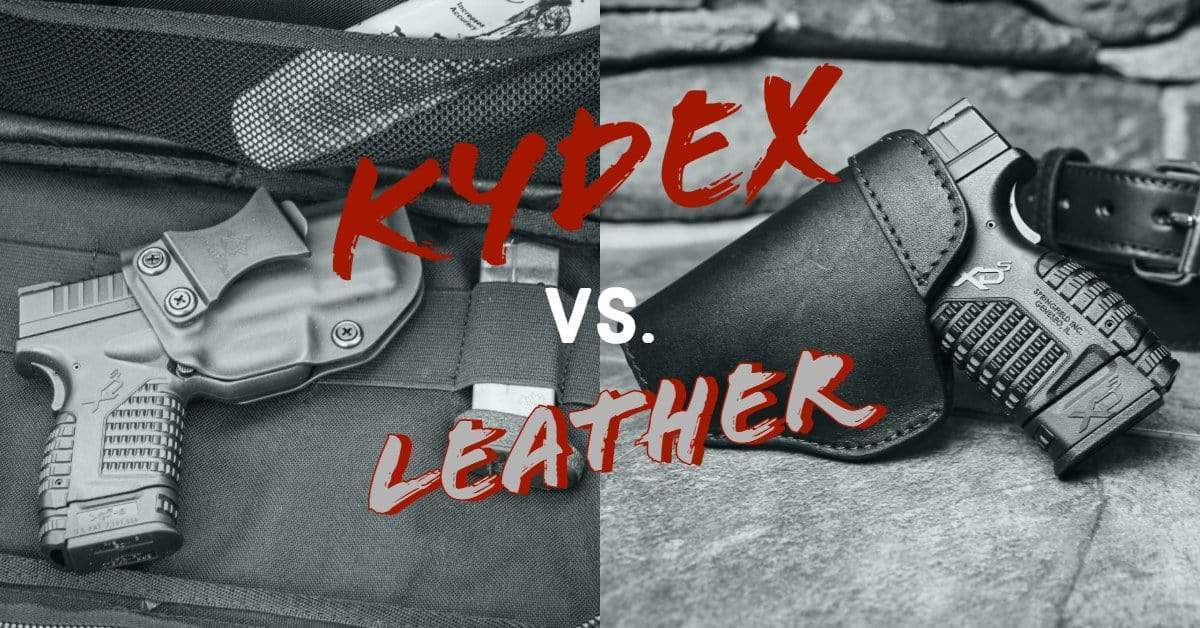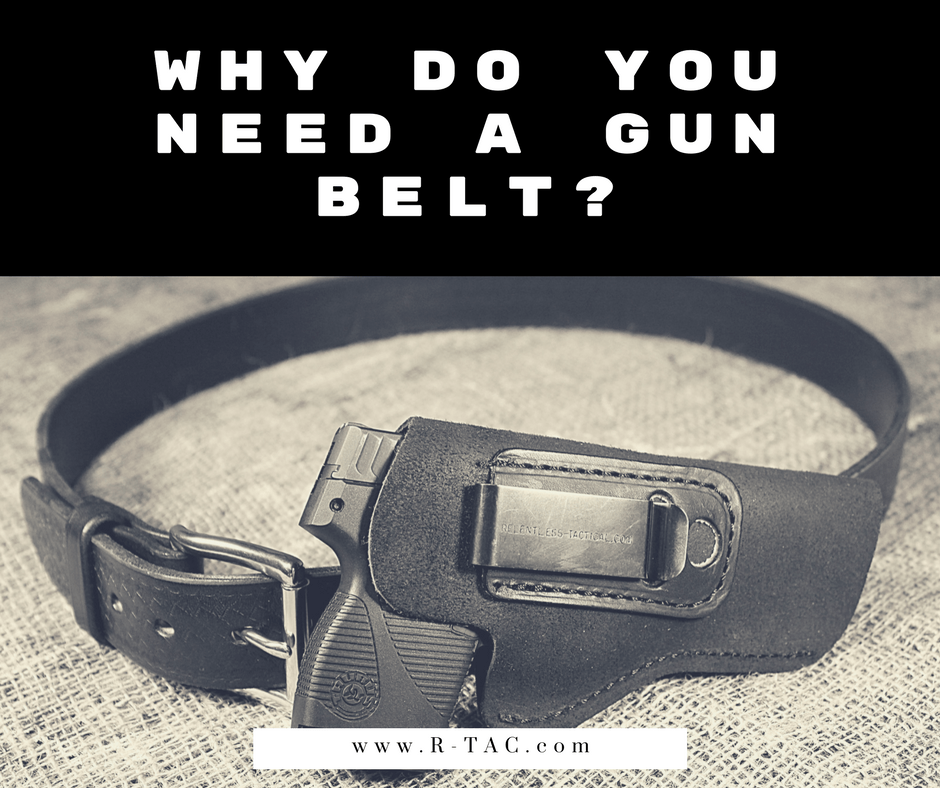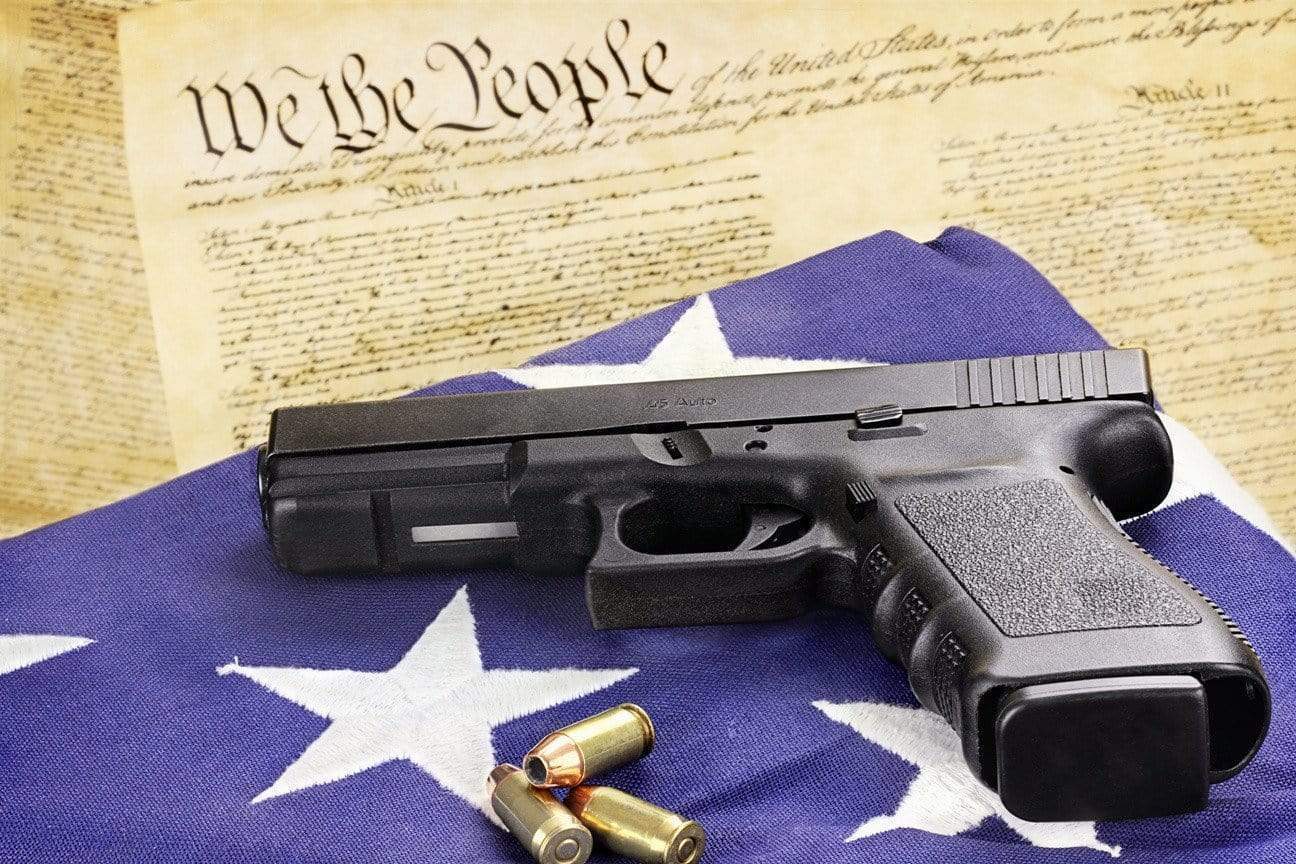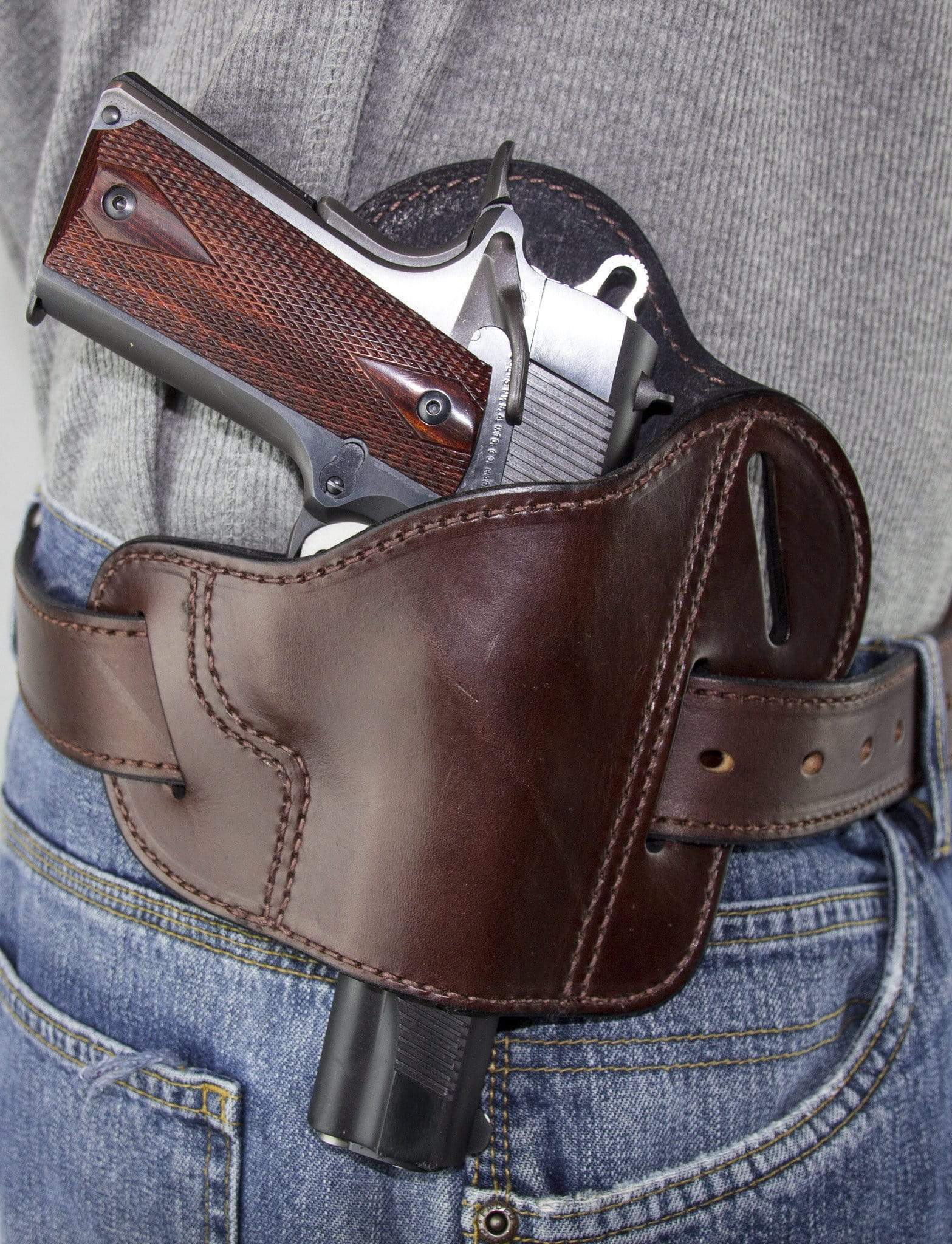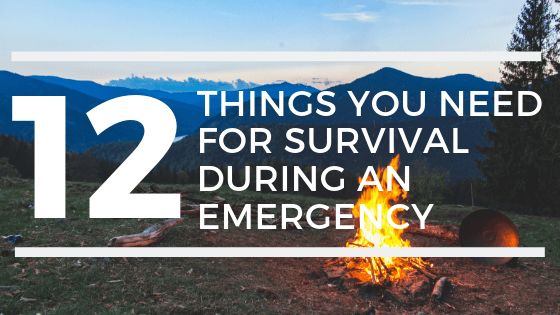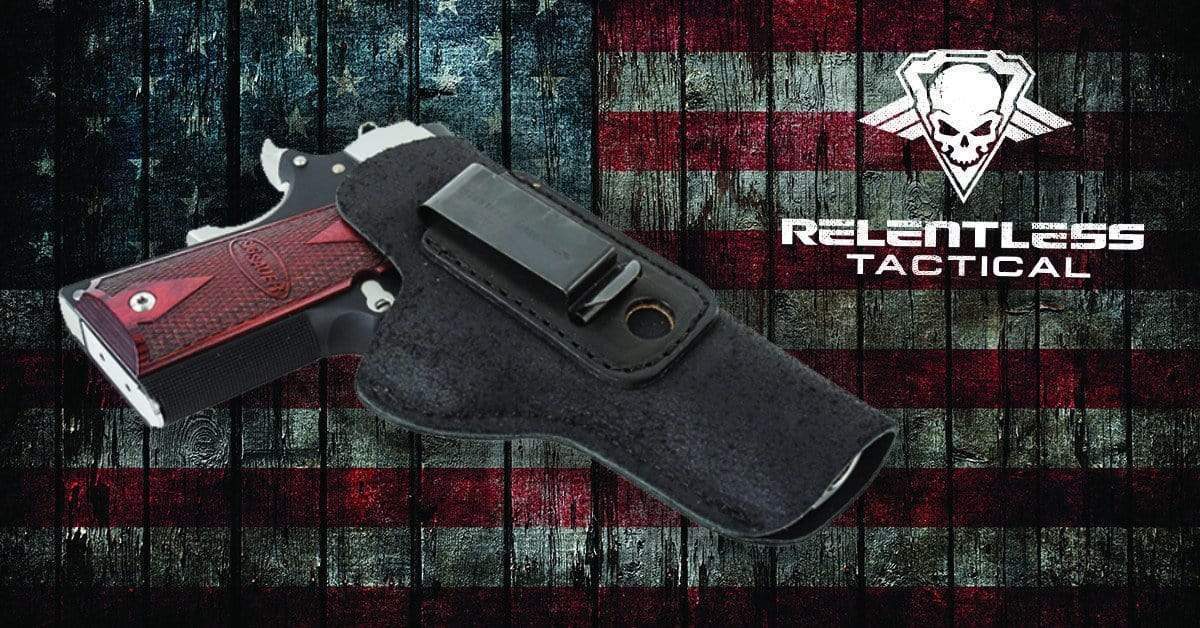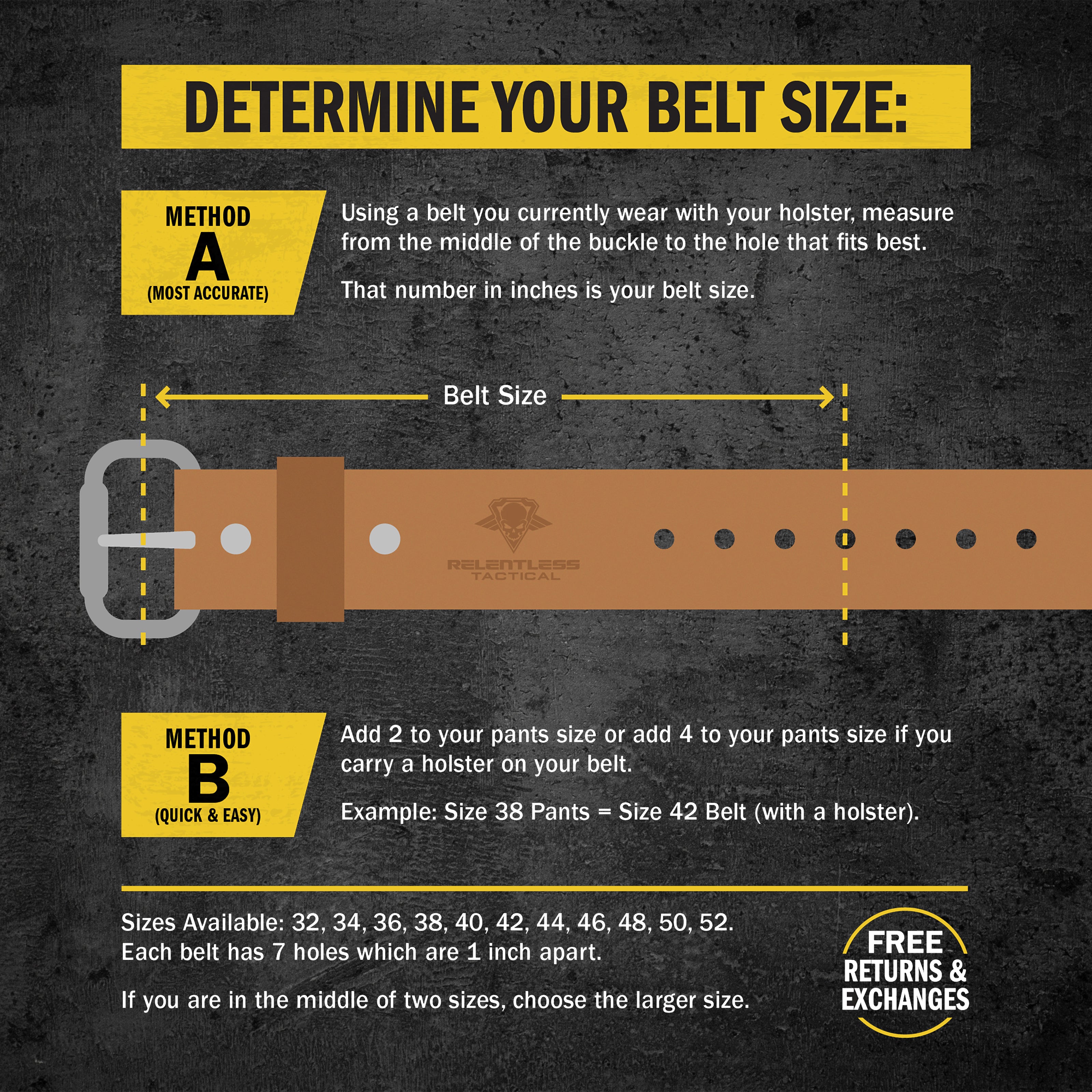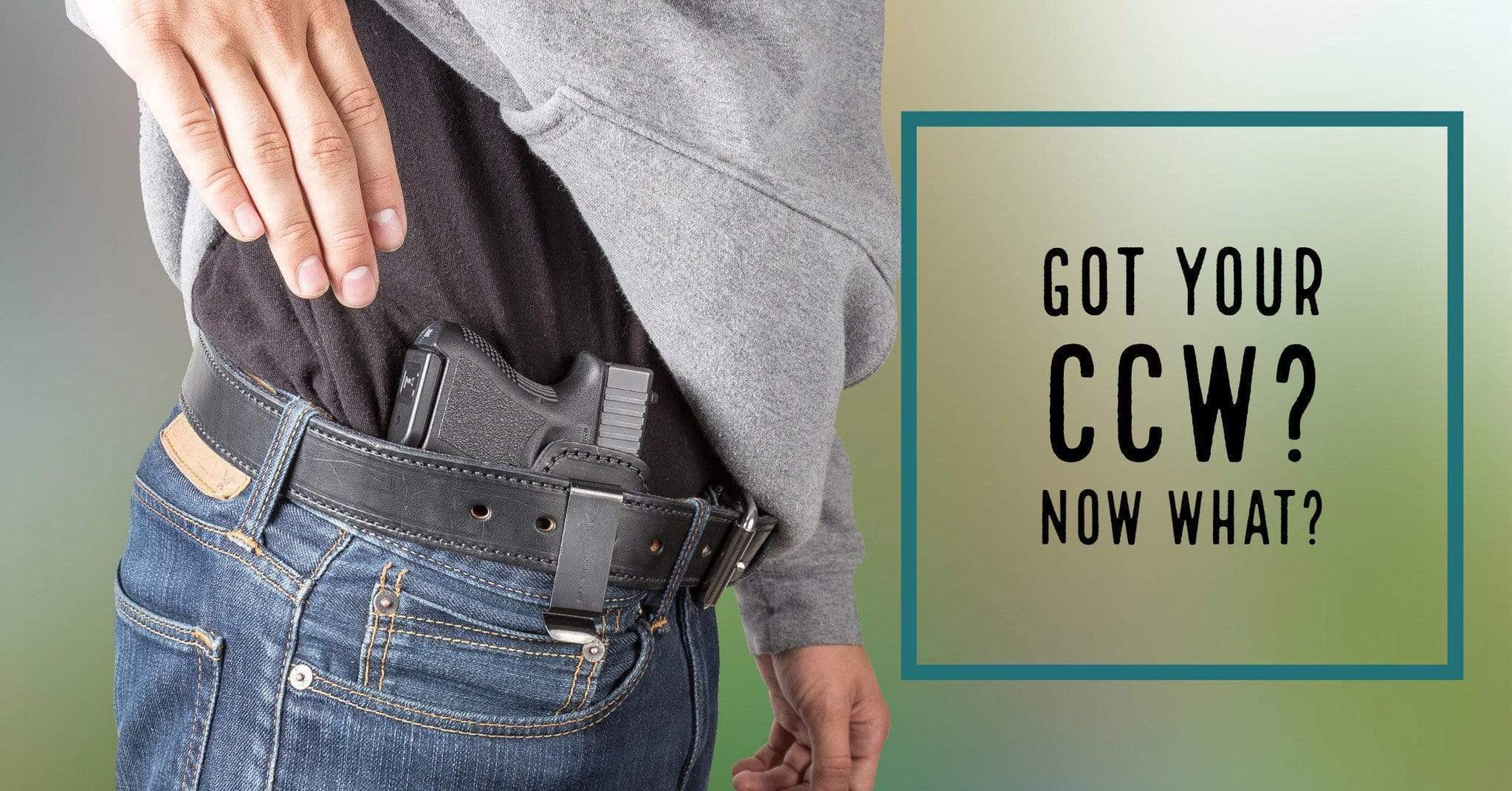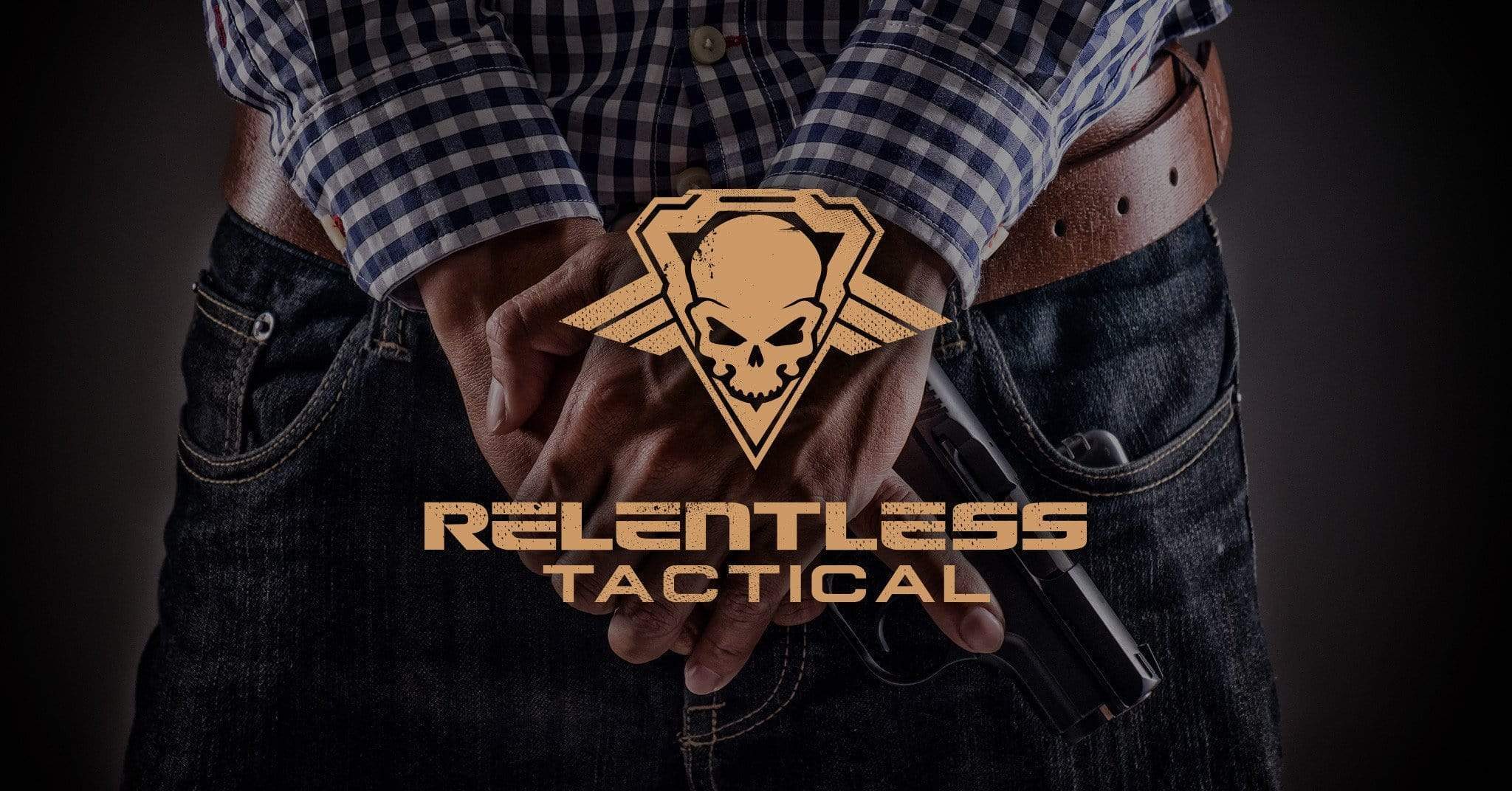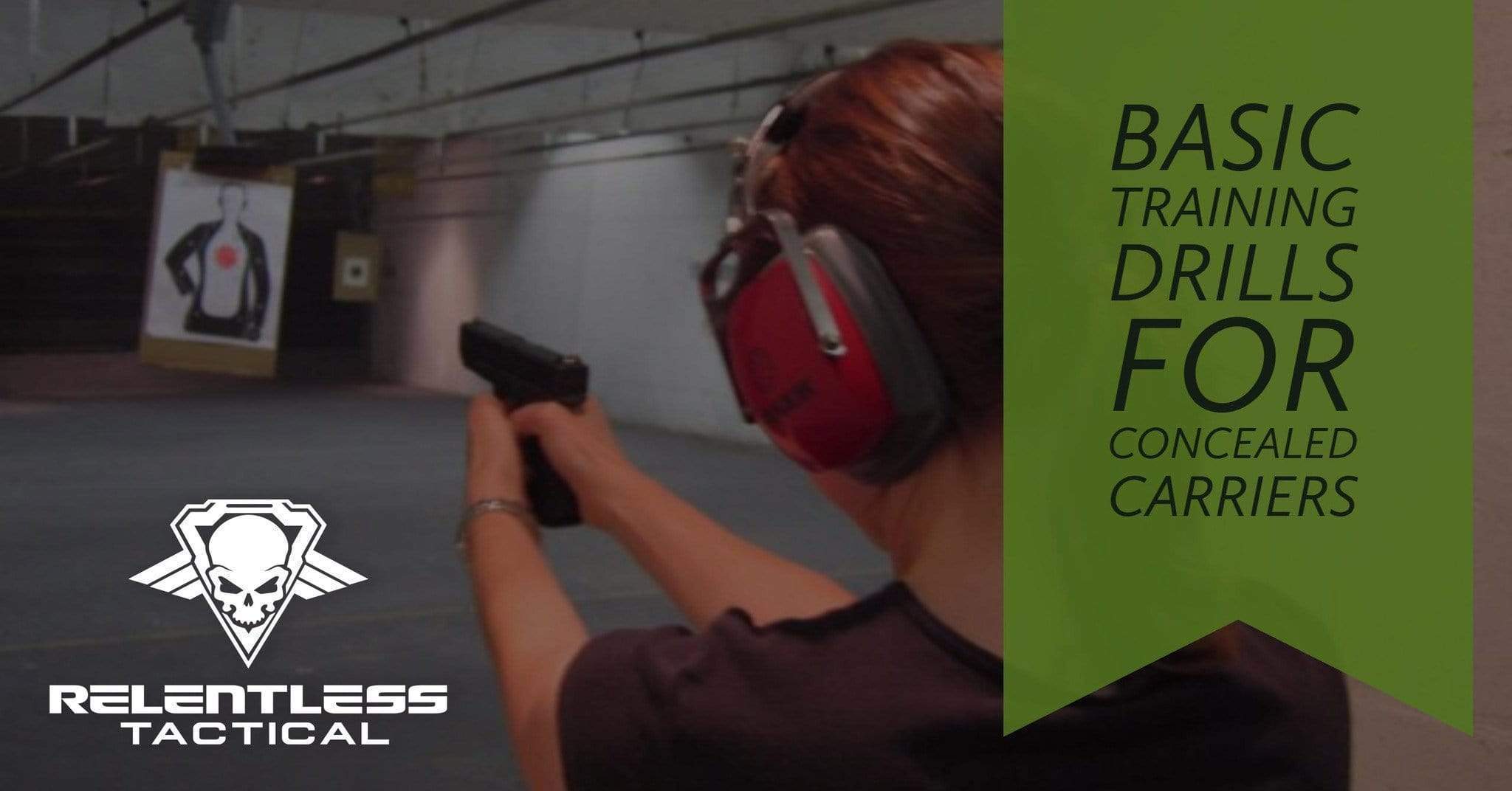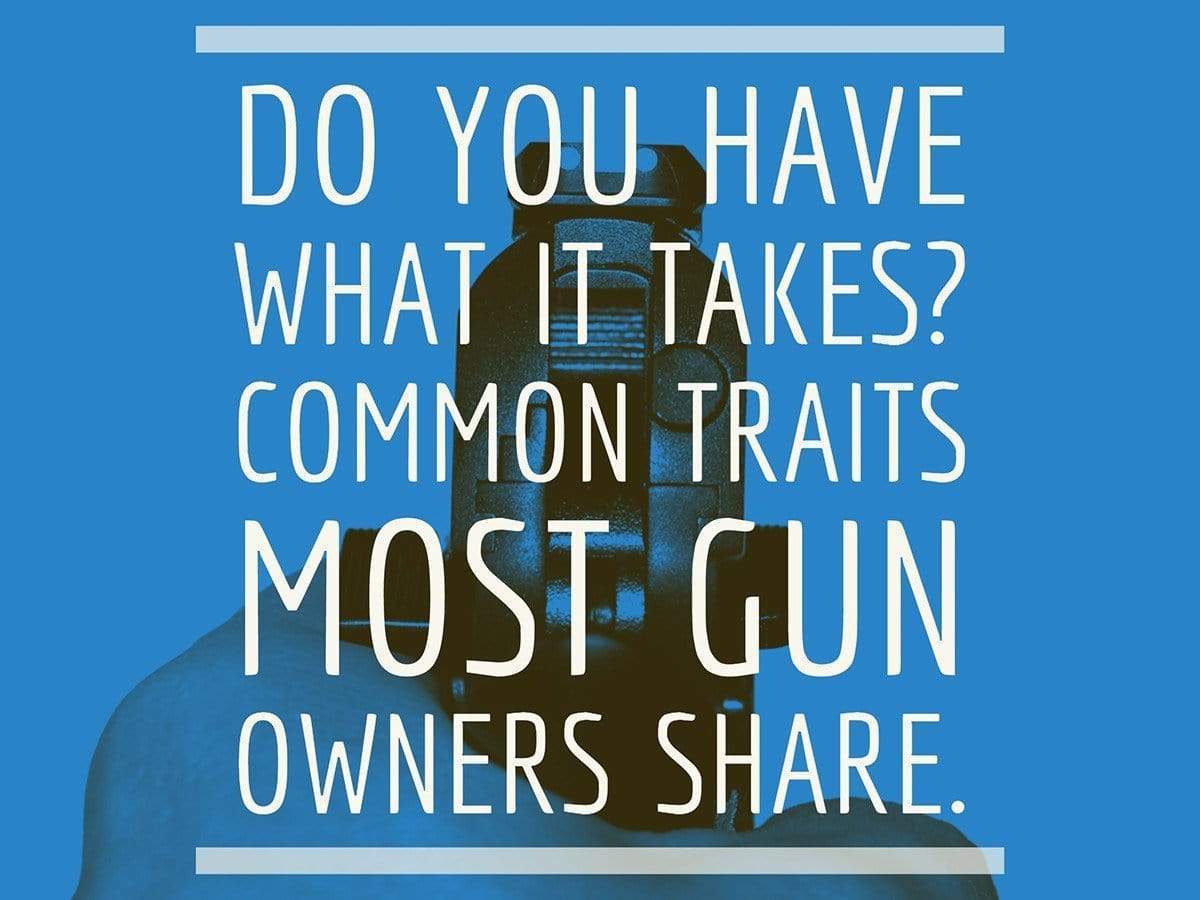Lawyer Up After A Self Defense Incident
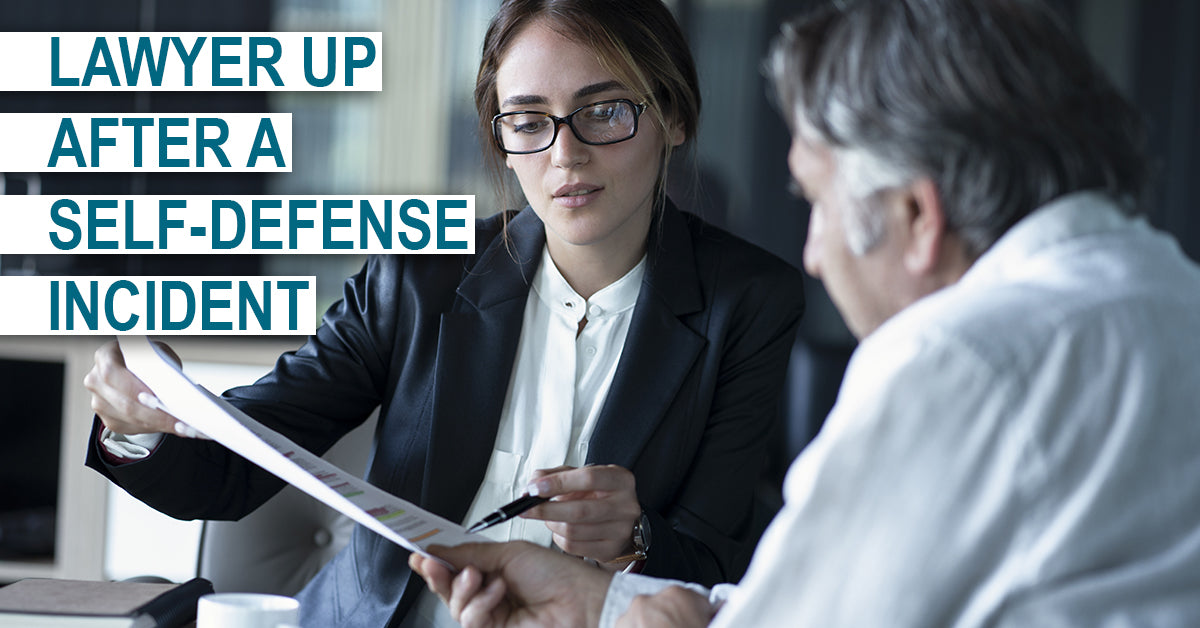
Following specific guidelines after a self-defense incident will help you stay out of trouble later on in what may turn into an investigation of sorts.
After a self-defense incident, especially one where a firearm was used, it’s imperative that you follow specific steps to keep yourself out of trouble with the law. One wrong move afterward, even if you were totally in the right, can really jam you up just because you had a slip of the tongue. One thing we see some people do after an incident where a firearm was needed to defend life, is opening up about it afterward to the police or reporters.
After a self-defense incident, even if you were totally right to defend yourself, nothing should be said to anyone except for your lawyer.
Before moving on, let it be known that nothing we say in this article, or anywhere in our blog, should be taken as legal advice. We always recommend that you consult with an attorney prior to making any decisions regarding the law, and believe strongly that nobody should ever seek out legal advice from the internet.
This is more of a guide on what you can discuss with your attorney than actual advice on law.
Know your rights:
As Americans, we have access to things called rights that people in other countries don’t necessarily have. Many Americans believe that the right to remain silent only applies to certain people who have done wrong and are being arrested for committing a crime.
The right to remain silent doesn’t just apply to criminals. It can apply to anyone who needs to remain silent who is being questioned by police. And in fact, if you shoot someone out of self-defense you SHOULD remain silent and talk to an attorney before you say anything that may incriminate you later on.
There are things you can say, but before we get to that, let’s discuss why opening up as to what you think happened, or the reason why you used your gun to defend yourself may be bad. After a critical incident occurs, your mind is a mess of emotions and chances are excellent that you don’t really yet understand all that happened to get you to the point where you’re at. The last thing you’ll want to have happen is to say something that you may end up regretting later on because you interpreted a situation a certain way. Remember, anything you say can be admissible in court and used against you.
It’s therefore always better to say less than more.
As mentioned a few moments ago, there are things you can say to the police without cause for concern. Things like what your attacker was wearing, the kind of getaway car he had, etc., are all important for catching the actual bad guy. But, as far as the reasons why you felt you needed to defend yourself or whether you meant to shoot him, should be left off the table for the time being. You’ll need to speak to your attorney first.
Silence is not an admission of guilt:
Many people say they worry about looking guilty and want to divulge as much as possible to help them look better. But, regardless of what you may see on the TV, your silence is not an admission of guilt. And, really, who cares when your freedom is on the line?
One thing many people don’t realize is that they have a right to remain silent, and once you ask to speak to your attorney, any questioning must immediately stop. The key, though, is that you actually have to invoke that right by stating you’d like to speak to your attorney before saying anything else.
There have been documented instances of people who used their firearm in self-defense and said one stupid thing on accident that ended up in a conviction in court. It is not necessary for the police officer to read you your Miranda Rights before you invoke your silence, even though this is a commonly held belief. If you’re not in custody, you can still be questioned and the things you say can still be used against you--which is why your silence is so important.
If you accidentally say something that incriminates you for murder, your attorney has to work overtime just to try and figure out how to undo what your loose lips did. And, at that point if you do end up with a conviction you can kiss your legally owned firearms, and your freedom, goodbye.
The science:
There is actually a scientific reason why you need to wait before opening up about a critical incident. There is a period of time afterward that your body undergoes a dump of adrenaline as you begin to recall moments of the attack. At this time, you may say something that could be damaging to you.
And in fact, most police departments have a 48 hour or so requirement that they must wait before interviewing a police officer after a shooting or other traumatic incident occurs. There’s science behind it that says your brain is more apt to remember events properly after having a couple of full sleep cycles behind it.
If it’s good enough for the cops, it’s good enough for us, too.
Conclusion:
There is absolutely nothing wrong with asking for your attorney before answering questions after you’ve used your firearm for self-defense. Hopefully we’ve helped to drive that home in this article. We strongly recommend that you attend a self-defense law seminar or speak to an attorney regarding this further to gain clarity on the subject of lawyering up, and shutting up.

